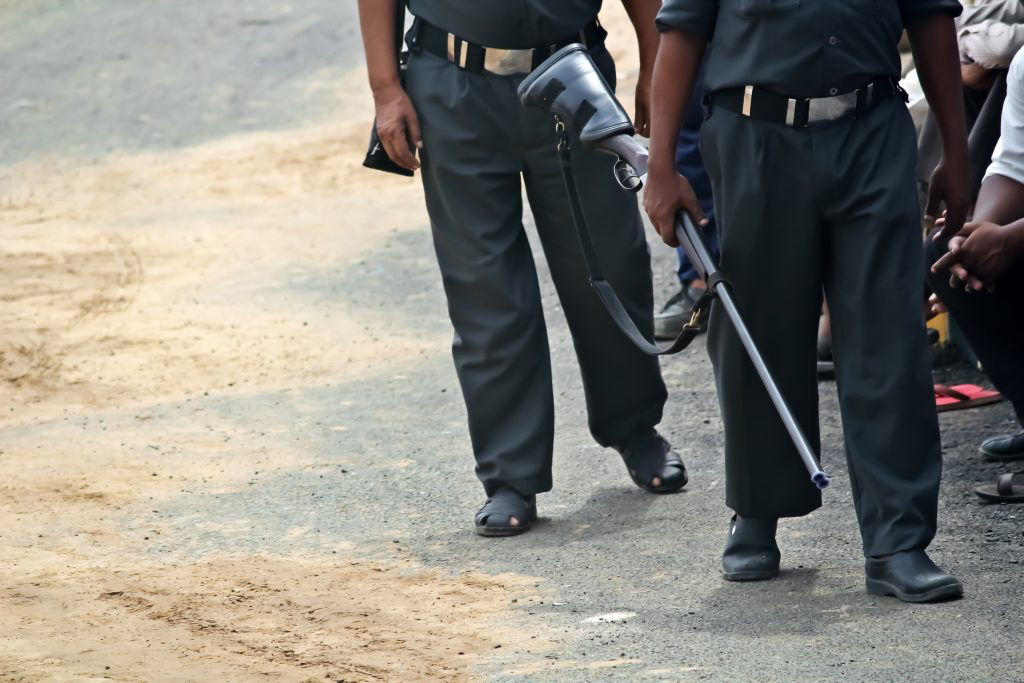
According to Business Day, former Madagascan president Marc Ravalomanana has approached South Africa’s Constitutional Court to appeal restrictions imposed on his movements as a result of an ongoing investigation into allegations that he committed crimes agaisnt humanity. Last November, the North Gauteng High Court ordered Ravalomanana to surrender his passport to investigating officers of South Africa’s Priority Crimes Litigation Unit (PCLU) within the National Prosecuting Authority (NPA), and ordered that he be permitted to travel outside South Africa only at the invitation of SADC and that permitted to visit Madagascar only at the recommendation of SADC.
The order was secured after the same applicants who petitioned the NPA to open an investigation into Ravalomanana’s alleged involvement in the commission of crimes against humanity approached the court.
Ravalomanana has lived in South Africa since 2009, having sought refuge here after being deposed in a coup. In terms of South Africa’s Implementation of the Rome Statute of the International Criminal Court Act (the ICC Act), South African authorities are entitled to investigate and prosecute persons accused of war crimes, crimes against humanity and genocide, irrespective of where such crimes are committed, if the persons are present in South Africa’s territory after the commission of the crimes.
In a response very different from that which SALC received in the Zimbabwe torture docket matter, the Madagascan applicants were told by the PCLU that it would investigate the matter, maintaining that the material supplied created “reasonable suspicion that crimes against humanity have been committed and that the subject of the investigation is present in South Africa”.
Interestingly, Ravalomanana has claimed in his papers before the Constitutional Court that if the High Court’s order is upheld, it will imperil the fate of a number of political leaders, dissidents and former heads of state seeking refuge in South Africa. “If the high court judgement is allowed to stand, then their movements can, at any time, be restricted by the simple expedient of making a vague, unsubstantiated complaint under the Rome Statute to the NPA in relation to any aspect of the civil unrest which led to their departure in the first place.”
Certainly, Ravalomanana is, as a result of the court order, subject to inconvenience and he, together with all those seeking a temporary or permanent home in South Africa, is to be extended the full extent of his civil liberties and fundamental rights, consistent with our Constitution’s provisions and in circumstances such as these, most particularly to be guaranteed the presumption of innocence.
However it is manifestly not true to claim that the allegations against him are merely vague and unsubstantiated. They have been deemed by the PCLU — the unit specifically authorised by Parliament to manage and direct investigations under SA’s ICC Act — to amount to “reasonable suspicion”. South Africa, as a responsible member of the international community, has voluntarily assumed a collective responsibility for upholding and enforcing international justice. South Africans, more particularly, have a pronounced interest in ensuring that the country is not a haven for the world’s worst criminals.
South African authorities must be given the opportunity to properly investigate in circumstances where reasonable suspicion exists that egregious crimes of the type of crimes against humanity have been committed. There exists a significant societal interest in ensuring that the integrity of such investigations are not jeapordised by the flight of persons key to the investigation. That said, a heavy onus rests on the investigating authorities to conduct their investigations as expeditiously as possible, minimising tthe limitation of rights for those subject to investigation.
What with the possibility of the Constitutional Court hearing Ravalomanana’s challenge and the Suprteme Court of Appeal set to hear argument for leave to appeal in the Zimbabwe torture docket case, 2013 is bound to be a year in which South Africa’s configuration of international criminal justice is much more brightly drawn.
This entry was posted in International Criminal Justice and tagged Ravalomanana; Crimes Against Humanity; Priority Crimes Litigation Unit; ICC Act. Bookmark the permalink.



